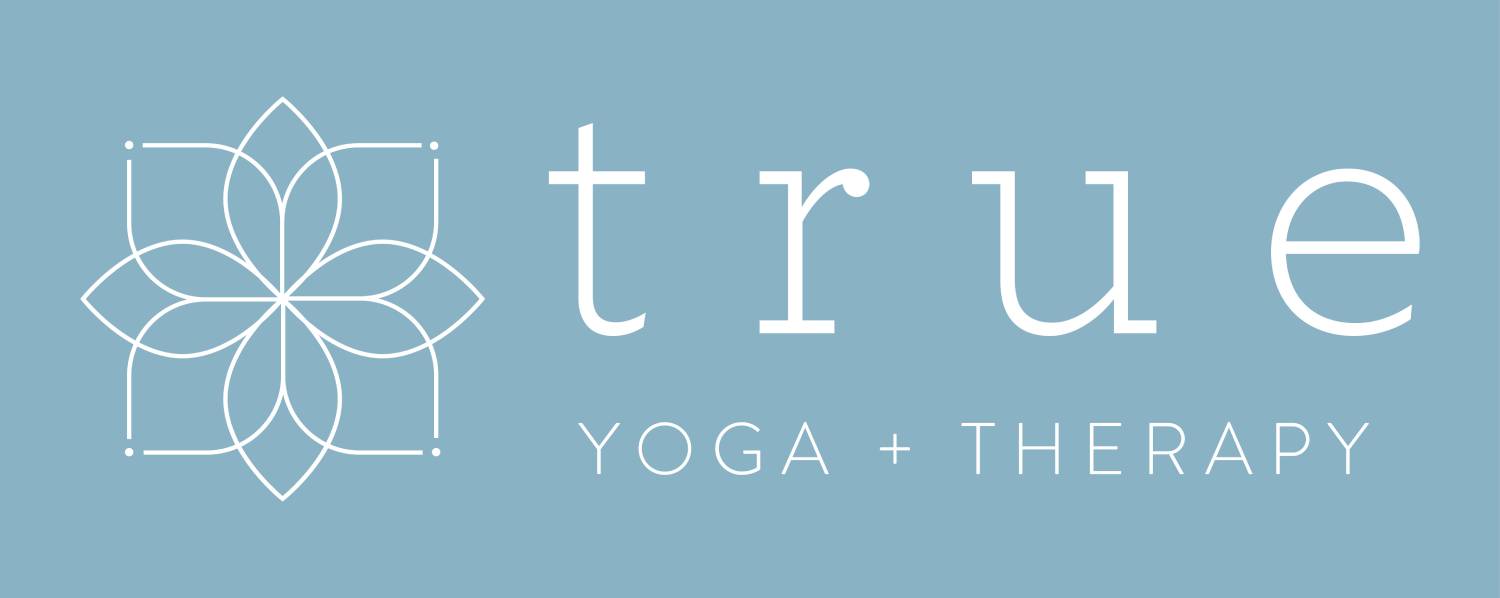Mental health is just as important as physical health. Your mental health can affect your physical health, and vice versa. Mental illness isn’t something to be embarrassed about; it’s common and treatable. If you’re struggling with depression or anxiety, don’t be ashamed—take steps to get help! Making time for self-care every day can have a positive impact on your overall well-being, both physically and mentally.
Nearly 20% of adults in the United States experience mental illness in a given year. This figure doesn’t just mean those who have been diagnosed with a specific disorder but also includes those who have been struggling with emotional health issues and have not sought help. That’s an awful lot of people!
But even beyond the staggering numbers, mental health disorders are incredibly common and can affect anyone at any time. In fact, over half of Americans will suffer from some form of mental illness at least once during their lifetime—and that’s only counting what we know about today! When you consider how many people aren’t getting help for their mental health due to stigma or lack of knowledge about resources available to them, it becomes clear that everyone needs to be thinking about their own wellness on a regular basis.
Depression is common and treatable.
Depression is a common mental health concern. In fact, depression is the leading cause of disability in the United States, according to the National Institute of Mental Health (NIMH) and affects some 20 percent of adults at any given time.
But depression is not normal—it’s treatable. And if you’re feeling depressed or unhappy with your life, there are things you can do about it. Depression is an illness that requires treatment from a trained mental health professional like a counselor or psychologist—and there are effective treatments available for this illness.
It’s important to understand that depression isn’t weakness or personal failure; it’s an illness that affects how you think and feels about yourself and others around you. It also impacts how you act in relationships as well as your ability to get along with others socially—but it doesn’t make you less valuable than anyone else or unworthy of love or friendship (or success).
Keeping a journal can be helpful, especially since depression contributes to memory loss.
Another way to take time for yourself is by keeping a journal. It can be helpful to write down your thoughts and feelings, especially if you are experiencing depression.
Writing can be a great way to sort out your emotions, as well as help you remember what you have been through. If you don’t currently keep a journal, try starting one now! You can also write about things that are happening in your life right now—whether it’s school or work or something else entirely (like how much fun it was when everyone went swimming last weekend).
Breathing exercises can help you feel better.
Breathing exercises are a great tool for cultivating a sense of calm, especially when you’re feeling stressed or anxious. Taking just a few minutes to focus on your breath can help you relax and manage intense emotions like panic or anger. Breathing exercises can also be helpful for people who experience chronic pain, as focusing on breathing helps distract from the discomfort that comes with chronic pain.
If you’re new to breathing exercises, try practicing them when you first wake up in the morning before getting out of bed. This will help clear your mind so it’s not full of thoughts like “What should I have for breakfast?” or “Am I late?” when you start the day—instead, these thoughts will give way to questions like “What am I grateful for?” or “What do I want my day to look like?” Once you feel more comfortable with basic breathing techniques (which we’ll get into below), try doing them during stressful moments throughout the day—at work while waiting on hold with customer service; while stuck in traffic; before an important meeting where there might be disagreements between coworkers; whenever else you might feel tense!
Taking time for your mental health is important and necessary for physical wellness, too!
You are stronger mentally and physically when you take care of your body. And you’re more likely to feel like taking care of yourself in the first place if you know that doing so will make you feel good, both inside and out. Taking time for wellness is the best way I know to keep myself feeling strong, capable, and happy—and it’s something I do every day!
Here are some tips for finding time to improve your mental health:
- Schedule a “me time” activity at least once a week — this can be as simple as an hour or two per week where no one else has access to your attention; feel free to use this time, however, works best for you
- Set alarms throughout the day for short breaks during which it’s okay not to do anything; these don’t have to be formal meditation sessions but should instead allow space within which we can engage with whatever comes up in our minds.
We hope that we’ve made a compelling case for taking the time to improve your mental health. If you or someone you know are struggling with depression, please get help. The first step is recognizing and acknowledging the problem, then seeking professional treatment. You can also try some of the treatments listed above to see if they help with symptoms.
By involving both the body and the mind in the therapeutic process, our professionals will actively listen to you, collaborate with you to make significant changes and help you better achieve your objectives. In order to compassionately address your difficulties at a speed that’s good for you, our outpatient clinic offers counseling assistance, psycho-education, and dietary counseling services. Get in touch with us today at (251) 250-9440.

